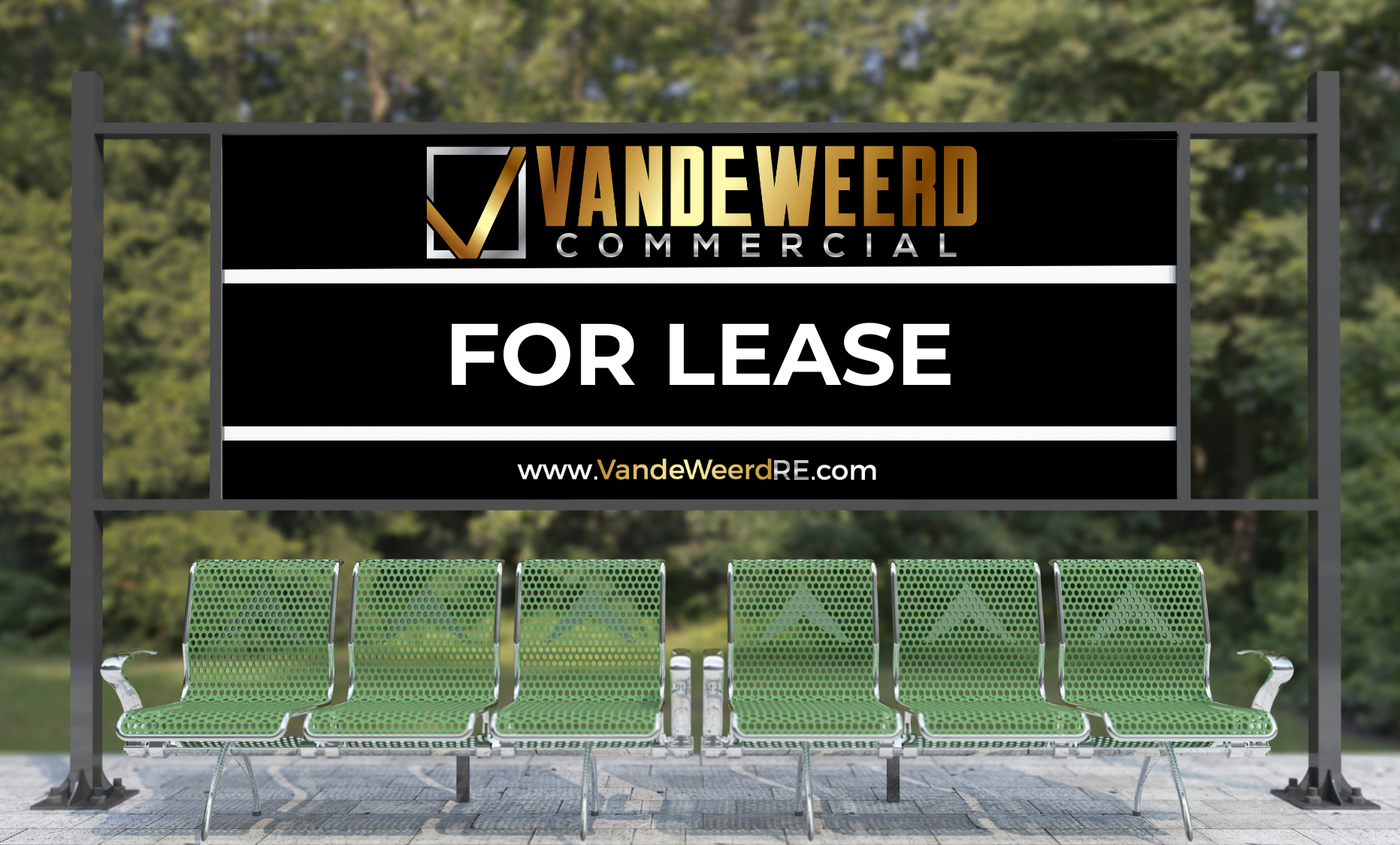A Brief Guide: Commercial Properties For Lease

Securing the right commercial property for lease is a strategic decision that can shape the success and growth of your business. Whether you’re launching a startup, expanding your operations, or seeking a prime location for retail, office, or industrial purposes, understanding the nuances of commercial properties for lease is essential. In this short but useful post, we’ll look at what you should know about commercial leasing, from the types of properties to a few tips at finding the perfect space to suit your business needs.
Types of Commercial Properties for Lease
1.) Office Spaces: Ranging from traditional corporate headquarters to modern coworking facilities, offering a variety of configurations to accommodate businesses of all sizes. From open-plan layouts conducive to collaboration to private offices for enhanced privacy and concentration, the options are diverse. Location is a critical factor, with central business districts often commanding higher rents due to proximity to amenities and transportation hubs.
2.) Retail Spaces: Encompassing storefronts, shopping malls, and standalone buildings tailored to meet the needs of retailers and service providers. Factors such as foot traffic, visibility, and demographics play a significant role in selecting the ideal retail space. Accessibility, parking facilities, and neighboring businesses also influence the desirability of a retail location, impacting customer engagement and sales potential.
3.) Industrial Properties: Warehouses, distribution centers, manufacturing facilities, and flex spaces designed to support logistics, manufacturing, and storage operations. Features such as ceiling height, loading docks, and proximity to transportation networks are crucial considerations for industrial tenants. Additionally, zoning regulations and environmental factors may affect the suitability of a property for specific industrial activities.
Considerations for Commercial Property Leasing
1.) Lease Terms and Conditions: Understanding the terms and conditions of a commercial lease is essential for mitigating risks and maximizing flexibility. Key provisions to review include lease duration, rental rates, escalation clauses, maintenance responsibilities, and renewal options. Negotiating favorable lease terms can provide cost savings and operational advantages over the lease term.
2.) Location and Accessibility: The location of a commercial property can significantly impact its attractiveness to tenants and customers alike. Accessibility via major highways, public transportation, and pedestrian pathways is essential for ensuring convenience and connectivity. Additionally, proximity to suppliers, clients, and talent pools can influence operational efficiency and business growth.
3.) Property Amenities and Infrastructure: Assessing the amenities and infrastructure of a commercial property is crucial for determining its suitability for your business requirements. Features such as parking facilities, security systems, HVAC systems, and internet connectivity can enhance productivity and employee satisfaction. Moreover, evaluating the condition of the property and potential for customization or expansion is essential for long-term planning.
Tips for Finding the “Perfect” Commercial Space
1.) Define Your Requirements: Clearly define your business needs and priorities, including space requirements, budget constraints, and desired location attributes. Consider factors such as growth projections, branding opportunities, and proximity to target markets when evaluating commercial properties.
2.) Partner with a Professional: Engage the services of a reputable commercial real estate broker like the Scottsdale based commercial firm, VandeWeerd Commercial. A knowledgeable professional can provide valuable insights, access to exclusive listings, and assistance with lease negotiations, ensuring a seamless leasing experience.
3.) Conduct your Due Diligence: Thoroughly research and inspect potential commercial properties to assess their suitability and viability for your business. Evaluate factors such as building condition, lease terms, zoning regulations, and competitive market dynamics before making a commitment.
Commercial leasing requires careful consideration of various factors, from property types and lease terms to location and amenities. By understanding your business needs, conducting due diligence, and partnering with experienced professionals, you can identify the perfect commercial space to support your growth and success. Whether you’re a budding entrepreneur or an established enterprise, unlocking the opportunities offered by commercial leasing can propel your business to new heights of achievement.
Disclaimer: The information provided herein is for general informational purposes only. There are no representations or warranties of any kind, express or implied, about the completeness, accuracy, reliability, suitability, or availability with respect to the content contained herein. Any reliance you place on such information is therefore strictly at your own risk. The information is not a substitute for legal, financial, or professional advice. Readers are encouraged to consult with qualified professionals, such as commercial real estate agents, attorneys, or financial advisors, to obtain tailored advice relevant to their specific circumstances.
Share This Article:


